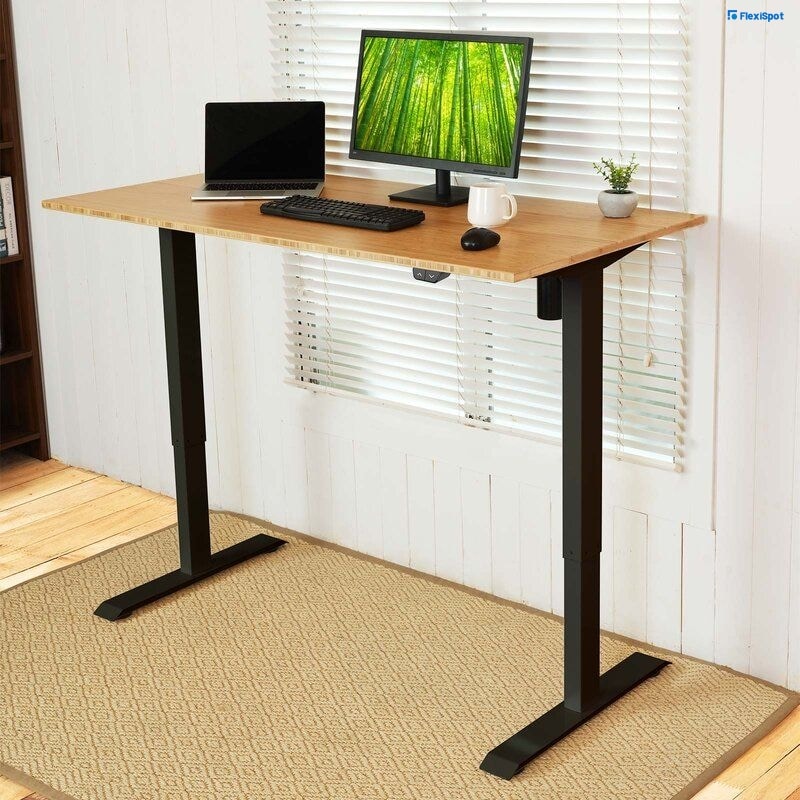In its infant years, sustainability is not a concept that companies wholeheartedly welcomed. Overwhelming for enterprises, sustainability is perceived as requiring a revolutionary change of systems in place. They would have to change operations and most likely invest on the upfront to become truly sustainable. It’s not particularly enticing for the cash book of the company and the return on investment was still uncertain when the concept was still being explored. Companies still didn’t know how they would earn figures at present and in the long term.
Now that sustainability has become a buzzword in corporate circles, more companies have decided to jump in to get a share of the market with high and measurable returns. American businesses have started green initiatives with more than half having sustainable programs in 2020. At present, analysts and experts say that greener programs are set to grow even further as the demand for them grows. The data shows that more consumers are choosing companies with green profiles.
But even though the market is positive, a sustainable journey was never one to be flawless. It's a difficult undertaking to go green and sustainable that, as mentioned above, becomes overwhelming for companies to ironically, maintain. This is why a clear plan of action comes in handy. The company is able to manage expectations that are based on realistic calculations.
If you are an aspiring entrepreneur or are already growing a business and deciding to go green, it will be helpful if you have an idea of the challenges that you will be encountering. Here is a list of those struggles and how to turn them around for the business to not only survive but also thrive. Do take note that there’s no perfect sustainable layout and that we are also doing our best for the environment given the resources that we have.

Businesses don’t want to go sustainable because they think they lack time, money, and resources.
Some owners have the notion that they need a lot of upfront investment in transforming their business into a sustainable one. Yes, you do need to invest money, time, and effort when going the sustainable route, but it doesn’t really entail huge checks. You can always start small by first tapping into sustainable strategies.
For example, in the office, conserve electricity by turning off all devices and switching the lights off when no one’s using them. You could also launch a recycling program. Recycling bins can be installed in important corners and employees should know what non-biodegradable and biodegradable are. Collect plastic waste in the office and collect eco-bricks. For paperwork, make sure to use two sides of the paper. You could have a scratch paper bin to make sure this is properly observed.
You can also design a hybrid work set-up wherein employees report to the office for only three days and work at home for the next two days. There are lots of other ways to go green with just small changes before jumping into major, costly systemic shifts.

Businesses will have employees that don’t care at all about the world’s changing climate and other environmental concerns.
Yes, many have become Earth warriors in recent years. But there still remain people who have little to no care about green initiatives. Announcing one protocol is one thing but really implementing it is another. It’s difficult if you are facing a stubborn workforce that does not see the merit of being eco-friendly.
As the boss, when you are presiding over meetings, make it a point to ask for input from all the members present. Consider their ideas and opinions. And to those who will follow your new rules, incentivize them. These are small things that you could do to encourage participation from your employees.

Businesses get overwhelmed with their sustainable promise when they don’t see the results.
Do not panic just yet because maybe it’s also a matter of what your quantifying measures are. You have to stop comparing your business to other businesses. Look inward first and assess whether or not your goals have been met.
You need as much information to evaluate profit and expense. Look at every possible angle and collect as much data as you can. Compare past and present data of your business. How much was it earning before you started your green initiatives? How much is it earning now? If the results aren’t positive, identify the problem and adjust accordingly.

With good intentions, businesses implement a half-baked plan.
Nothing good ever comes out of poor preparation. You might have plunged into the sustainability world without doing concrete research. You need a concise and focused plan or else you might lose profit and overwhelm the business with big, unachievable goals. Research is very important so if you can’t back up your plan with one, then it might not be the best course of action, or you haven’t explored it well enough. Be smart and calculated with the risks you take. Profitability becomes more certain if data shows that it will go up instead of plummeting down. Be patient and firm with your goals.

Flexispot’s Commitment to the Environment
Flexispot is a furniture company that vows to do better for society. Its core mission is to give a better quality of life to its clients. Because of this key goal, Flexispot carefully considers its every choice. It knows that with everything they decide on, the lives of its customers are affected, the communities they serve rely on their products, and their production decisions also affect the overall state of the planet. FlexiSpot knows that there is a long way to contribute significant change to the world’s growing climate and waste problem. The company has remained committed to starting initiatives, big or small.
On behalf of its customer, Flexispot has pledged to plant one tree for every purchase of its sustainable bamboo-made products under the One Tree Planted Project.
It has ramped up sourcing of more sustainable materials for its desktops. Because bamboo grows faster and in greener conditions, the company is developing more standing desks made from 100% of this eco-friendly wood alternative. It sources its bamboo goods in Asia, handmade by locals that provide them with stable jobs.
Flexispot hopes to ensure a more sustainable future for its clientele and employees.
Final Thoughts
Even though challenges to go green will forever be present, aspiring entrepreneurs get inspired by existing businesses. FlexiSpot reminds us to start now, with one area we could work on. Yes, the future will and always remain uncertain but if green initiatives are started as early as now and committed to sustaining them, then we know that those who come after us will face a brighter future.
And even though efforts seem futile at most times, the better choice still presents itself: continue doing good for the people and the planet. There is only one Earth and we still have time to save it from further destruction. Go green now.
